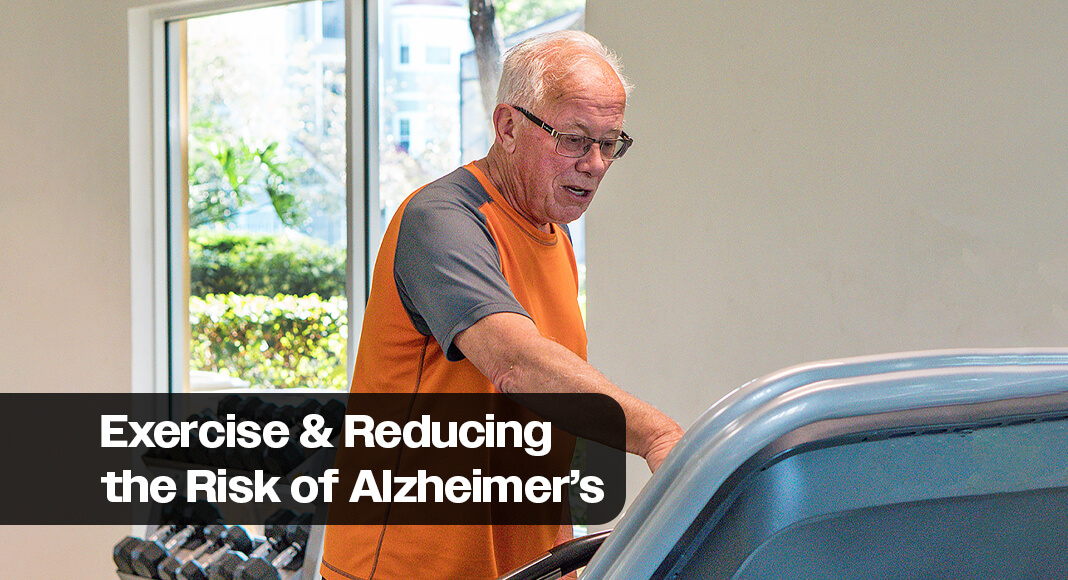
Mega Doctor News
CLEVELAND CLINIC – Reports show more than 55 million people have Alzheimer’s disease.
Currently there is no cure.
However, there are ways to help reduce the risk – like with exercise.
“Exercise does seem to reduce the risk of developing Alzheimer’s disease, as well as other dementias or other causes of cognitive decline. There’s fairly strong and consistent evidence showing that those who exercise regularly are less likely to develop cognitive decline,” said Dylan Wint, MD, neurologist at Cleveland Clinic. “In addition, people who exercise regularly after developing mild levels of cognitive decline can slow the progression, and particularly the loss of abilities that can come with declining cognition.”
Dr. Wint said while research is still ongoing, it appears exercise may increase certain chemicals and neurotransmitters in the brain, which are important for preserving brain health.
There’s also believed to be a vascular component.
So, how much exercise is best?
He said people should be doing at least 150 minutes of moderate-intensity aerobic activity each week.
That can include brisk walking, jogging, swimming, cycling and even chores around the house.
And it doesn’t have to be all at once.
You could do 30 minutes a day or even 75 minutes twice a week.
“While starting earlier is likely to be better, it’s never too late to start. So even older individuals who have never done a minute of exercise in their lives can benefit in terms of risk reduction by engaging in exercise even at an advanced age. This has been shown to be true in a number of studies as well,” he said. “Furthermore, remember that exercise is good not just for the brain but really for the whole body and for the mind. Exercise helps to stave off or reduce symptoms of depression and anxiety as well.”
Dr. Wint adds that a healthy diet is also crucial.
Studies have found that the Mediterranean diet and MIND diet seem to be the most reliably effective in terms of preventing cognitive decline.










